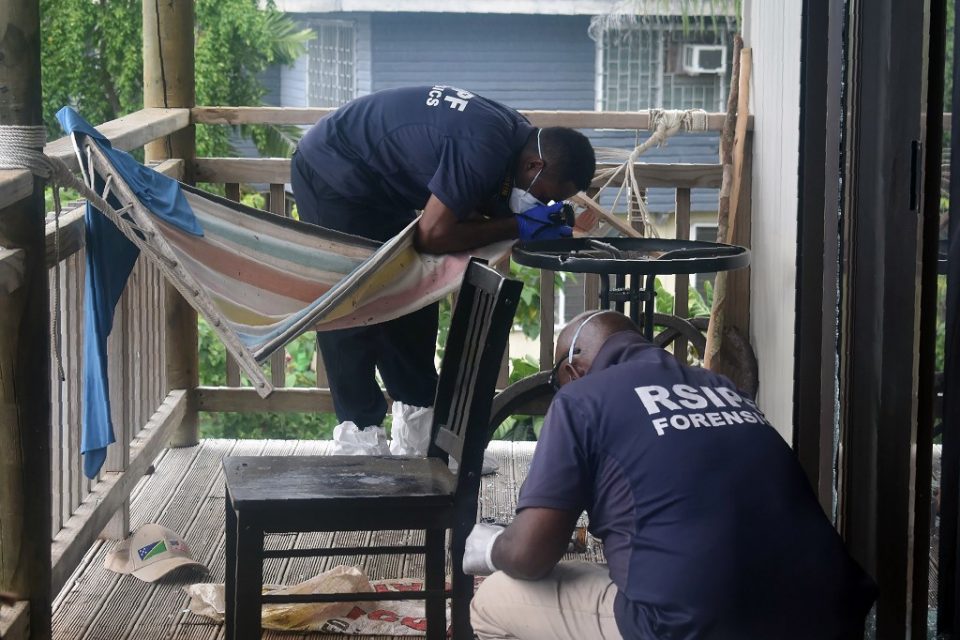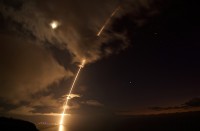
HONIARA, Solomon Islands (AFP) — Two bomb disposal experts from Britain and Australia died in the Solomon Islands when World War II ordnance they were helping to clear exploded, officials said Monday.
Police said the pair — who worked for the charity Norwegian People’s Aid — were storing munitions without permission in a residential area of the capital Honiara when the blast occurred on Sunday afternoon.
Norwegian People’s Aid named the pair as Briton Stephen “Luke” Atkinson and Australian Trent Lee, who were helping collate a database of unexploded ordnance in the Solomons, which was a major Pacific battleground in WWII.
Police inspector Clifford Tunuki said the explosion took place at the charity’s office and it appeared unauthorised work was being carried out on unexploded ordnance (UXO) in a residential area.
“We do not know what exactly happened that led to the bomb blast but preliminary investigations indicate they had several items of UXO at the residence and they may have been conducting some UXO work,” he said.
Tunuki said police were unaware the munitions were being stored in the area and, had they known, would have insisted they be taken to a proper bomb disposal facility.
He said they had now been removed and assured residents the surrounding suburb was now safe.
Norwegian People’s Aid said its activities in the Solomons had been temporarily suspended while the cause of the “devastating” blast was examined.
“The investigation needs to be completed before there can be a conclusion on the cause of events,” it said in a statement.
“This is a tragic accident. So far, we know that there has been an explosion with fatal consequences.”
The Solomons saw fierce fighting between Allied and Japanese forces in WWII and when the conflict ended, they abandoned vast quantities of shells, landmines and other munitions.
Norwegian People’s Aid was working with Solomons police to survey the scale of the problem and develop a nationwide collection programme.
The charity said on its website that the Solomons remained heavily contaminated by unexploded munitions, which not only posed an explosion risk but had also often degraded after 75 years, leaching harmful chemicals into the environment.
“Munitions from the conflict continue to kill or seriously injure local people and are used for destructive fishing practices,” it said.
“Explosive weapons are often found within city construction sites, coral reefs, farms, forests and suburban gardens where children sometimes find and play with them.”
© Agence France-Presse








